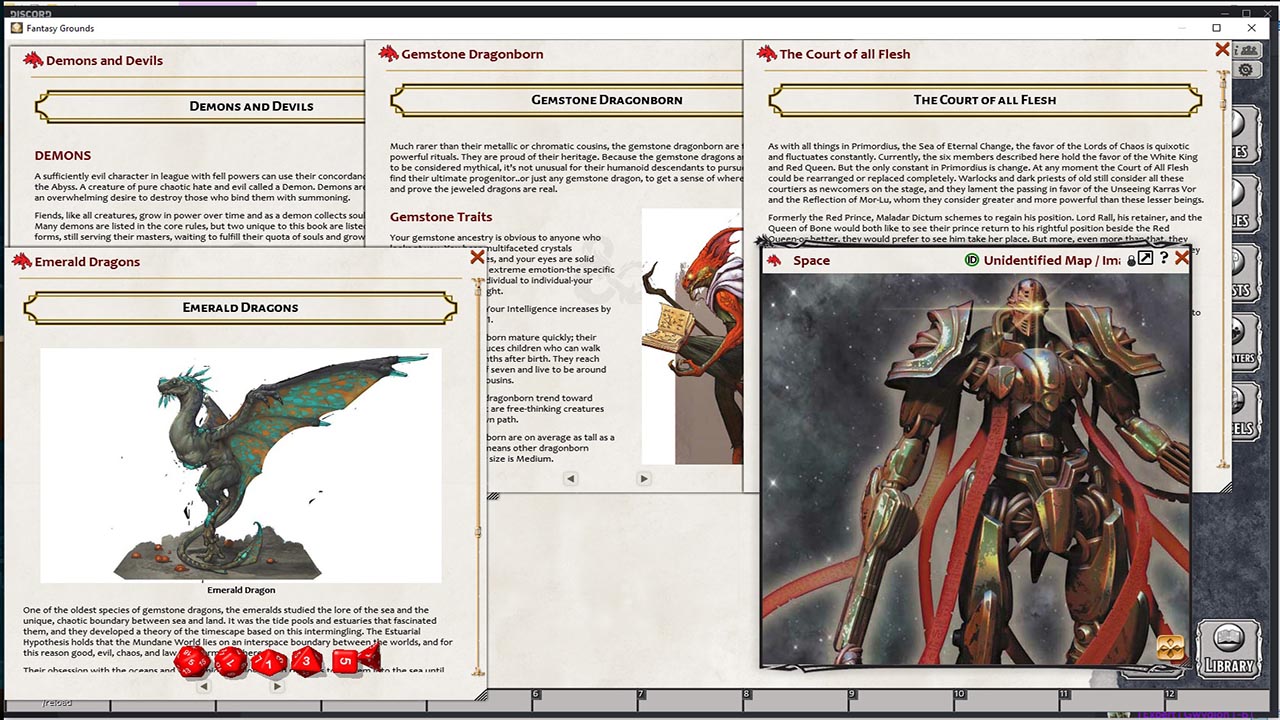
The crisis was about Judaism, not with Judaism. They were the subjects of a debate, (mostly) among Gentile believers, about what belief in Jesus should be. Despite a complexity and a variety of contexts, Judaism, Gnosticism, and Paganism were not participants in this struggle. The anti-Jewish, anti-Pagan, and anti-Gnostic biases of the Christian canonical and authoritative texts are the result of complex and layered trajectories, and should be understood to reflect, for the most part, debates within the Jesus movement-not struggles with external religious communities. Jewish-Christian relations did not emerge out of a first century conflict between ‘Judaism’ and ‘Christianity.’ The main thrust behind the “parting of the ways” is best characterized as a controversy about Judaism within the Jesus movement (not as a conflict with Judaism). The Jewish-Christian saga originates in later misperceptions about a conflict among followers of Jesus with varying degrees of Jewish, Pagan, and Gnostic affinities, affiliations, and inclinations. An intimate saga about a remarkable, star-crossed family, Devotion poignantly measures the massive weight of memory on individuals caught up in the sweep of history.Jewish-Christian relations emerge out of a complex trajectory that originates in Jewish-Gentile relations within the Jesus movement. Other narrators include Winnie's close friend Kate Pulitzer her sister, Maggie Hayes and the love of her life, Alfred Wilkinson, the grandson of a famous abolitionist.įrom the portrayals of Winnie's romance, her relationships with her parents, her illness and depression, and her ambivalent role as torchbearer for the Lost Cause emerges a young woman whose conflicted existence reflects the tenor of the country in the aftermath of the Civil War. Winnie speaks from the pages of her journal. Julia Oliver explores these contradictions from several angles.


Winnie's adoring followers often misread her steadfast love for her father as unconditional support of the failed Confederacy and the Old South's nostalgic ideals of womanhood. Yet she was also a cosmopolitan, intellectual "New Woman" who earned a living as a journalist and novelist and traveled with the Joseph Pulitzers.

In the late nineteenth century, Winnie Davis was known here and abroad as a foremost cultural symbol of the South's Lost Cause. As the officially proclaimed Daughter of the Confederacy, she was presented with great fanfare at large conventions of Confederate veterans from Texas to Virginia.

Twenty-one years later, Winnie was catapulted into a celebrity she did not seek. Winnie was not quite a year old when the family fled the Rebel stronghold of Richmond as the Civil War was ending. Devotion re-creates the life of Varina Anne (Winnie) Davis, the youngest child of Jefferson Davis, President of the Confederate States of America.


 0 kommentar(er)
0 kommentar(er)
